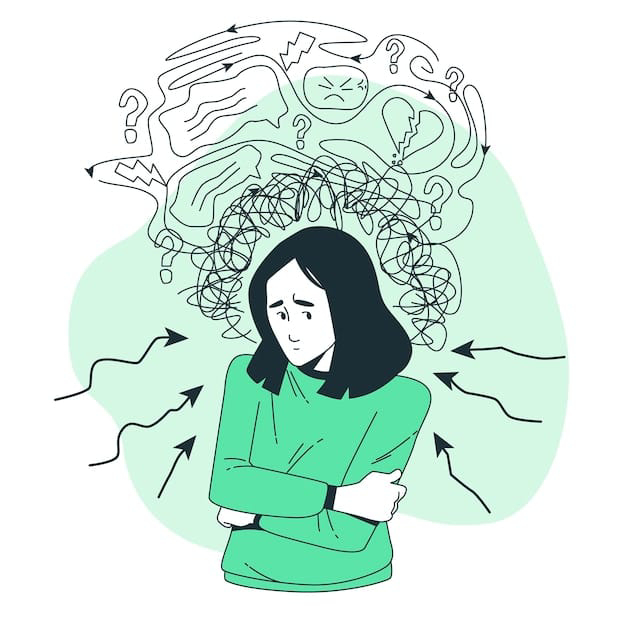Hi, good readers, How are you? Today I want to share an interesting topic, namely "7 signs of intermittent explosive disorder" The main reason why I choose this topic because many people don't know how to deal with intermittent explosive disorder, The main cause of people are experiencing mental extremes because they are unable to handle the lifestyle they have created,
Intermittent Explosive Disorder (IED) is characterized by recurrent episodes of aggressive outbursts and impulsive behavior. Helping someone with IED involves a combination of strategies aimed at managing symptoms and providing support. Here are steps to address the seven signs of IED:
1. Frequent Outbursts:
- Behavioral Therapy: Cognitive-behavioral therapy (CBT) can help individuals recognize and change thought patterns that lead to explosive behavior.
- Relaxation Techniques: Teach and encourage the use of relaxation techniques such as deep breathing, meditation, or progressive muscle relaxation to manage stress and reduce the frequency of outbursts.
2. Verbal Aggression:
- Communication Skills Training: Help individuals develop better communication skills to express their feelings in a non-aggressive manner.
- Conflict Resolution: Provide training on effective conflict resolution strategies to handle disagreements without escalating to verbal aggression.
3. Physical Aggression:
- Anger Management Programs: Enroll in anger management classes to learn coping strategies and techniques to control physical aggression.
- Physical Outlets: Encourage physical activities like sports or exercise as a healthy outlet for aggression and frustration.
4. Impulsive Behavior:
- Impulse Control Techniques: Practice impulse control strategies, such as delaying reactions and thinking through consequences before acting.
- Mindfulness: Promote mindfulness exercises to increase awareness of triggers and improve self-control.
5. Intense Anger:
- Identifying Triggers: Work with a therapist to identify specific triggers that cause intense anger and develop coping strategies to manage these triggers.
- Emotional Regulation: Use emotional regulation techniques, such as journaling or talking to a supportive person, to process and manage intense feelings.
6. Regret After Outbursts:
- Self-Reflection: Encourage self-reflection after an outburst to understand what triggered the episode and how it could be handled differently in the future.
- Apology and Amends: Teach the importance of apologizing and making amends after an outburst to repair relationships and reduce feelings of guilt and regret.
7. Difficulty Maintaining Relationships:
- Social Skills Training: Improve social skills to foster better interactions with others and build healthier relationships.
- Support Groups: Join support groups where individuals with IED can share experiences and strategies for maintaining relationships.
In addition to these strategies, it's important to consider professional help, such as:
- Medication: In some cases, medications like mood stabilizers, antidepressants, or anti-anxiety drugs may be prescribed to help manage symptoms.
- Professional Therapy: Regular sessions with a licensed therapist who specializes in anger management or IED can provide tailored strategies and ongoing support.
- Family Therapy: Involving family members in therapy can help them understand the disorder, learn supportive strategies, and improve overall family dynamics.
Consistency and patience are key when helping someone with IED. It may take time for them to learn and apply new skills effectively, but with the right support, significant improvements can be made, hopefully this article can give you an insight and inspiration, good luck.
